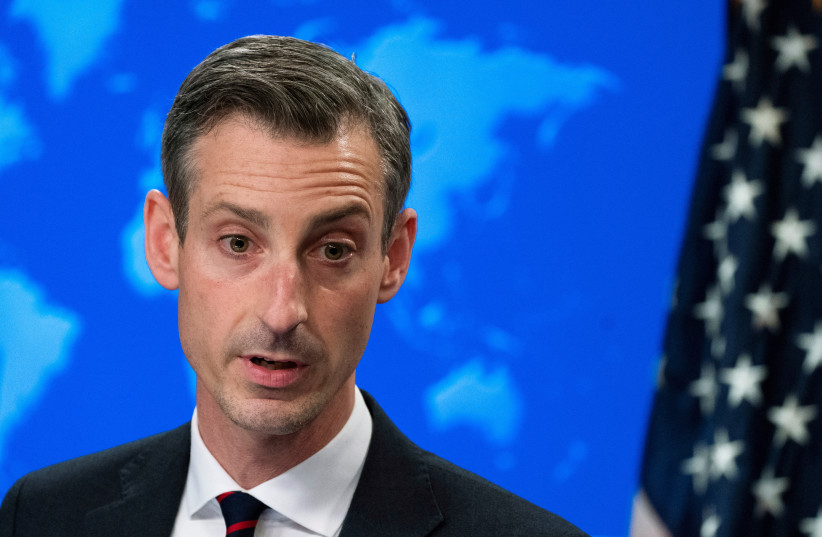The United States on Wednesday asked judges at the International Court of Justice in The Hague to dismiss claims by Tehran that Washington illegally allowed courts to freeze assets of Iranian companies.
Iran brought the case against Washington in 2016 for allegedly breaching a 1955 friendship treaty by allowing US courts to freeze assets of Iranian companies, including $1.75 billion from Iran's central bank, to be given in compensation to victims of terrorist attacks.
"Iran's case should be dismissed in its entirety because of the principle of 'unclean hands'," Richard Visek, acting legal adviser of the US State Department said.
Visek argued that Iran cannot complain about US courts confiscating assets because the actions that led to the asset freeze were the result of Iran's own illegal conduct.
Allegations against Iran
Washington insists that Iran violated the treaty first by allegedly sponsoring international terrorism. The Islamic Republic denies supporting terrorism.

The 1950s friendship treaty that is the basis for the claim was signed long before Iran's 1979 Islamic Revolution, which toppled the US-backed shah, and the subsequent severing of US-Iranian relations. Washington finally withdrew from the treaty in 2018.
On Monday Iran said the United States had allowed an "industry of litigation" against Iranian companies to flourish in breach of the treaty.
The ICJ, also known as the World Court, is the United Nations' top court dealing with disputes between states. Its rulings are binding, though the ICJ has no power to enforce them, and the United States and Iran are among a handful of countries to have disregarded its decisions.
A ruling in this case is expected next year.
